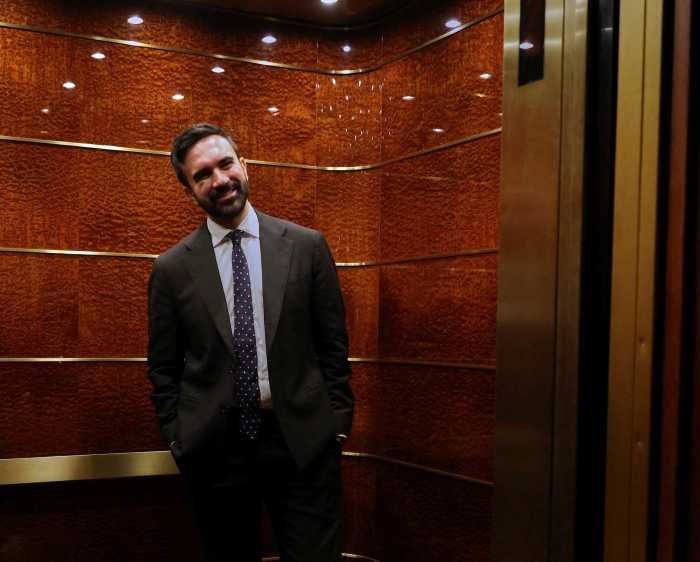By Gabriel Rom
John Tandana, president of the UNA USA Queens Chapter, looked out past the great glass windows of the Queens Museum at the Unisphere.
“This is where it all started, right here in Queens,” he said.
Indeed, some of the United Nation’s most important accomplishments, such as the partition of Palestine and the creation of UNICEF, were made in what is now the Queens Museum in Flushing Meadows Corona Park. Some of the buildings from the 1939 World’s Fair, including the museum, were used by the fledgling United Nations from 1946 until it moved to its current location on the East River in 1951.
A close connection between the United Nations and “the world’s borough” has been present ever since.
In order to mark that connection and celebrate the U.N.’s 70th anniversary, officials and humanitarian activists gathered Saturday at the museum.
Sarah Shuster, who now lives in Washington, D.C. after growing up in Forest Hills and attending Francis Lewis High School in Fresh Meadows, embodies the Queens-U.N, connection. Her parents are refugees from Azerbaijan.
“I’ve always had a deep commitment to global issues, and it feels very fitting back here in Queens today,” said Shuster, who was on a panel to give an update on the UN’s progress on its global goals
In Shuster’s work at the U.N. Foundation, she manages a grassroots component of a campaign that works to raise awareness to help fight malaria in Sub-Saharan Africa.
There is widespread public support for a robust involvement with the United Nations, Schuster said. A recent poll released by The Better World campaign found that over 63 percent of Americans have a favorable opinion of the United Nations. By contrast the number of Americans who have a favorable opinion of Congress is 23 percent.
“The most important activity is happening here on the local level,” Shuster said.
In her panel presentation she primarily focused on the recent UN’s Millennium Development Goals and the future Sustainable Development Goals, the latter of which she referred to as a “to-do list for the globe between now and the year 2030.”
Ban Ki Moon, the U.N.’s secretary-general, called the new global goals “the most consultative that has occurred in human history.” The U.N. eventually settled on 17 goals focused on ending extreme poverty, fighting inequality and injustice and fixing climate change. The goals were adopted by all 193 U.N. member nations in September after a three-year process.
“At a time when the world is dealing with a terrible amount of conflict and refugee crises, there is truly something powerful to be said that 193 nations on the planet were able to come together and agree on a list of priorities for the next 15 years,” Shuster said.
Martyn Dalhuijsen, a U.N. official who works at the European Commission, spoke on the panel about the various disaster-response efforts the U.N. is involved in from typhoons in the Philippines, to displacement camps in Myanmar.
“Humanitarian disasters affect us all, they can happen to anyone anywhere,” Dalhuijsen said. “Nationality, background, country doesn’t matter.”
Reach reporter Gabriel Rom by e-mail at grom@


































